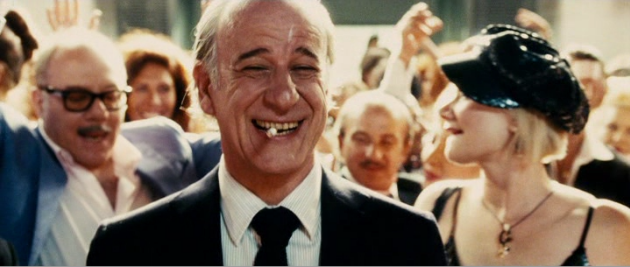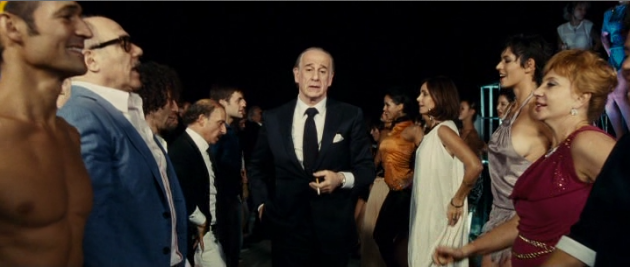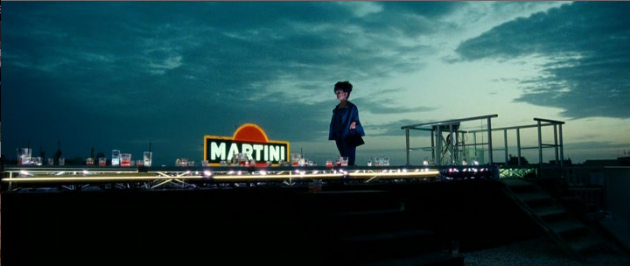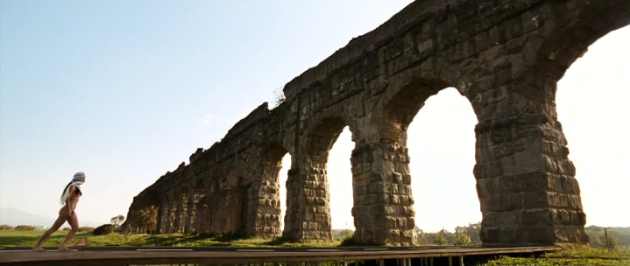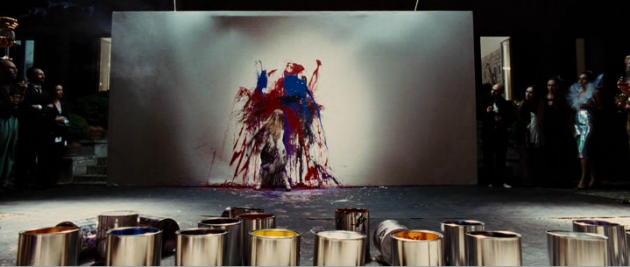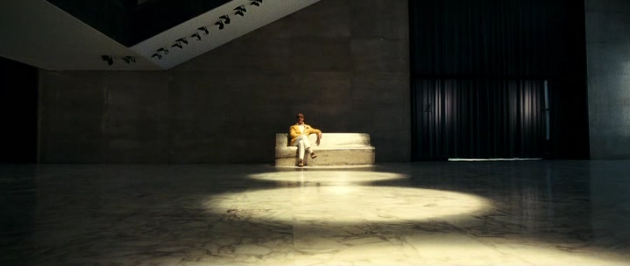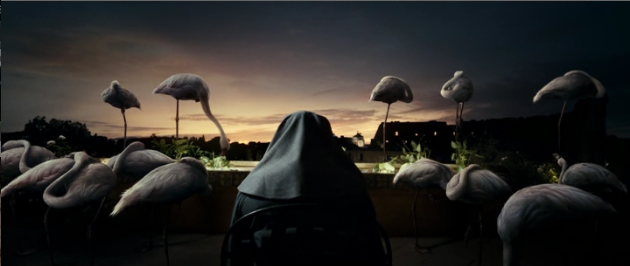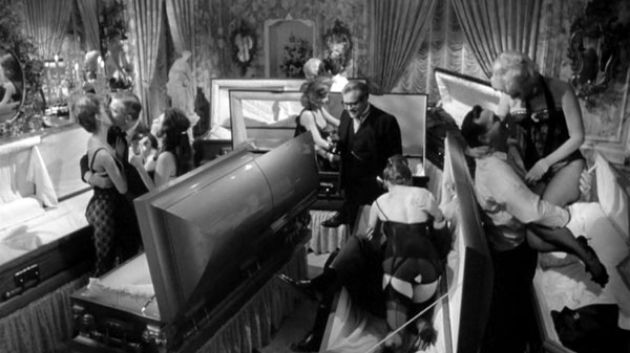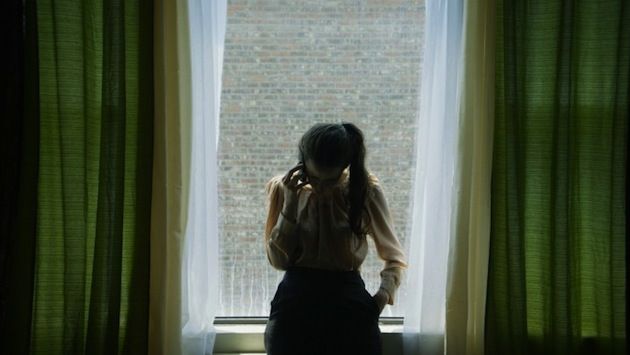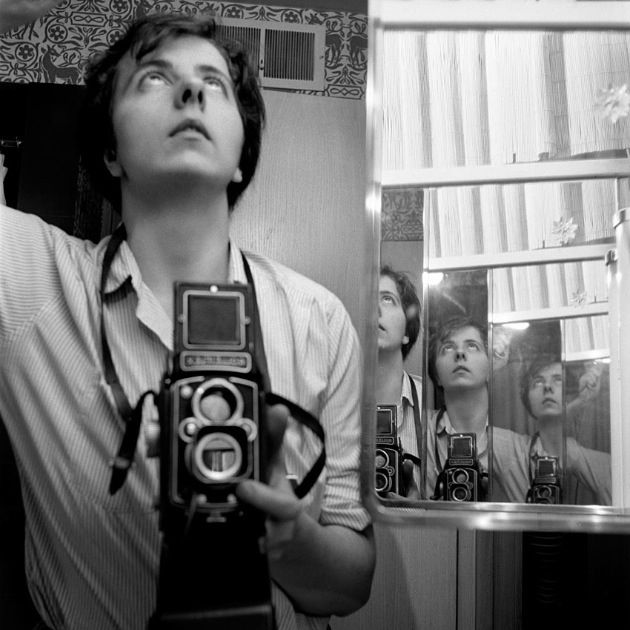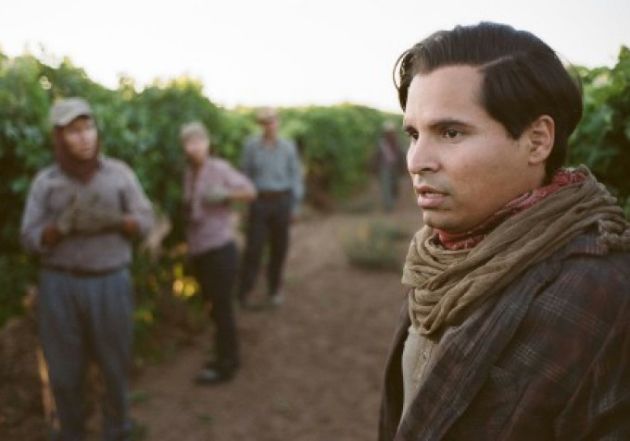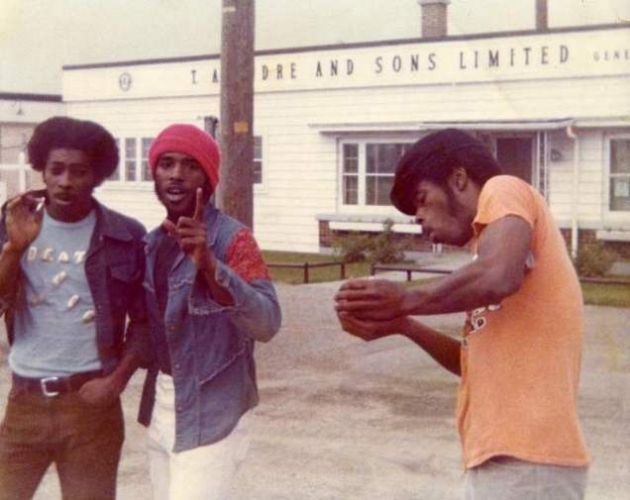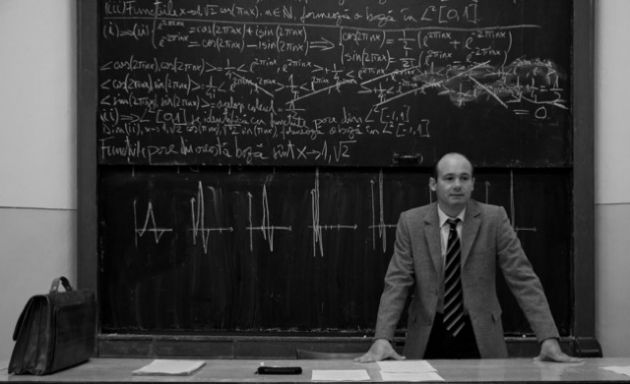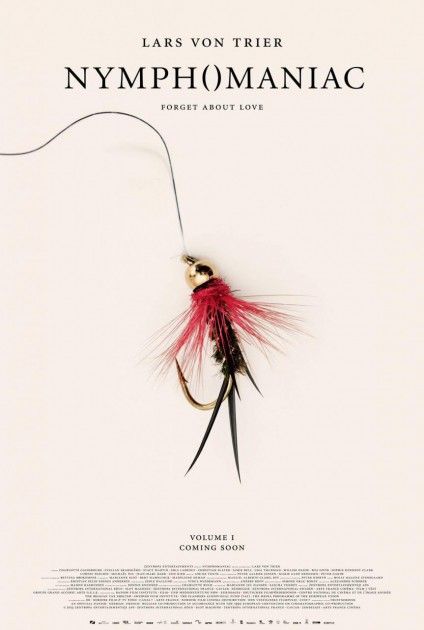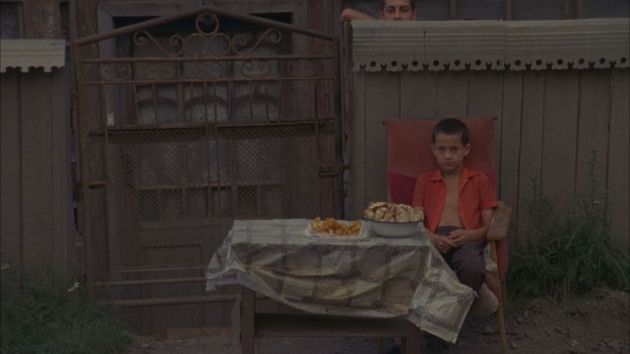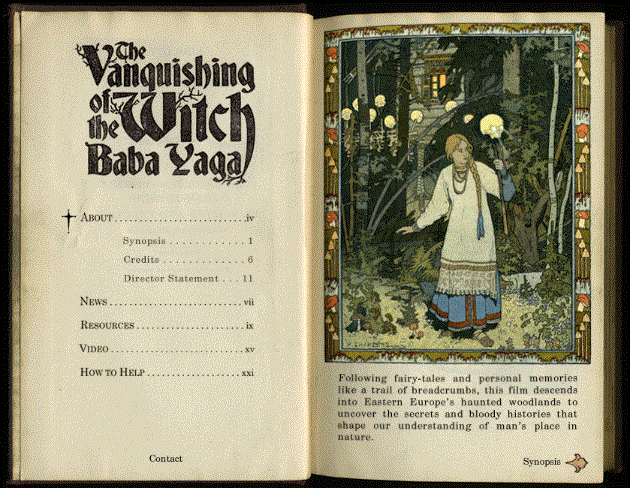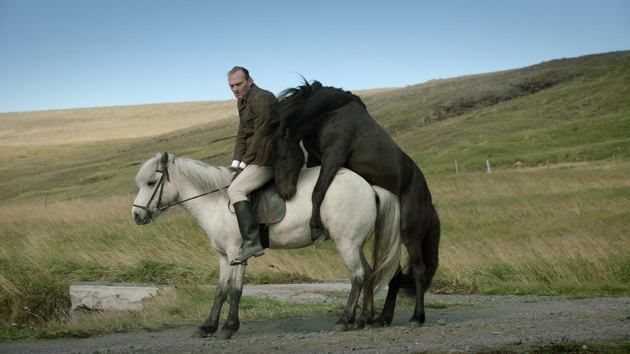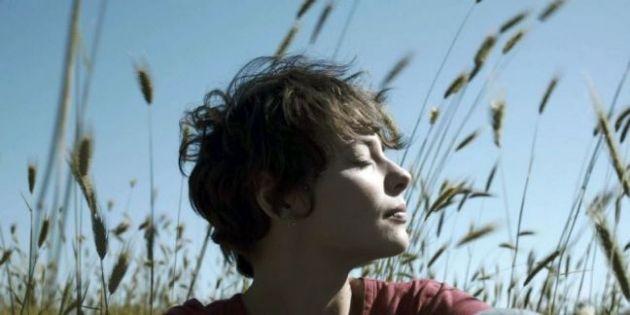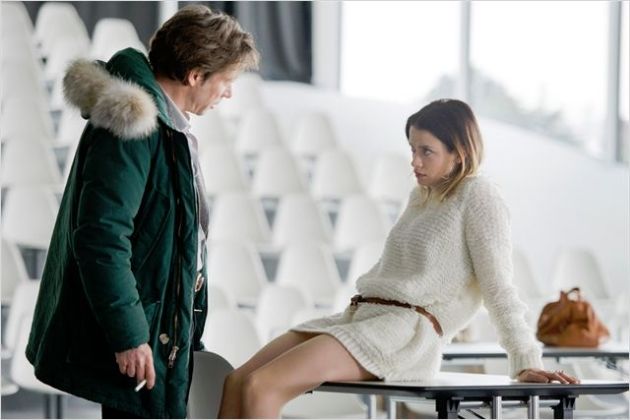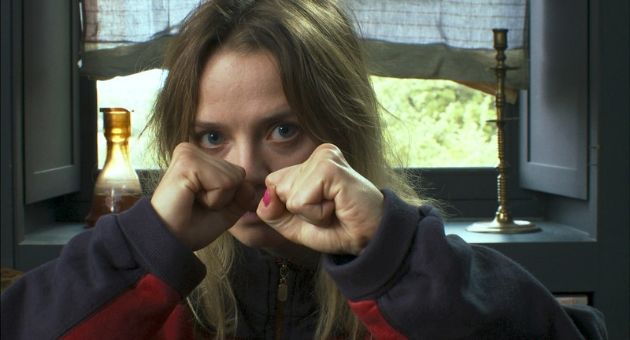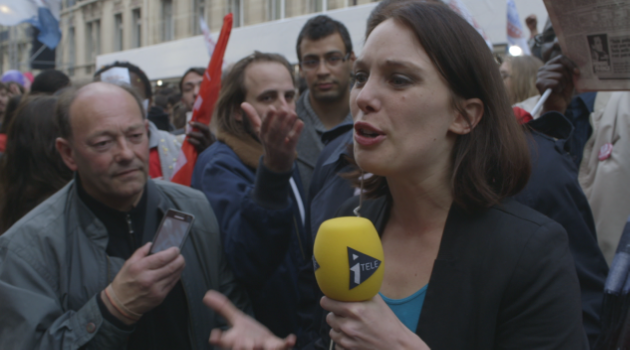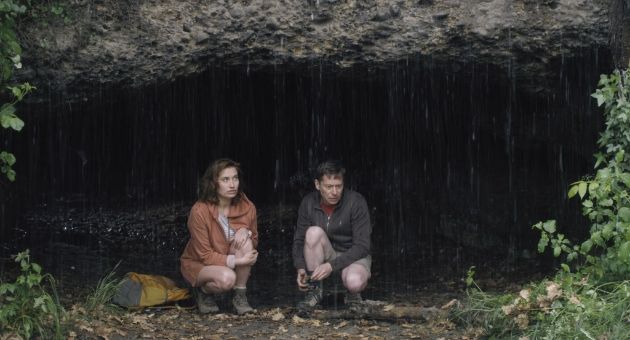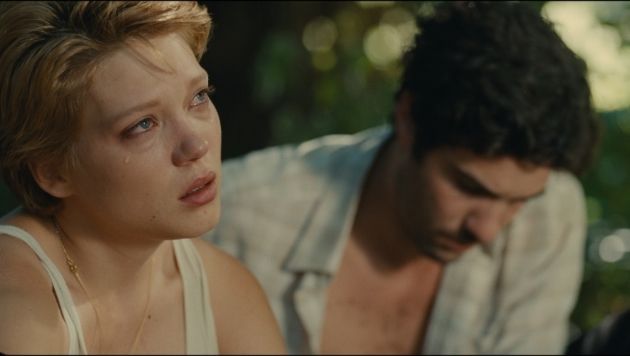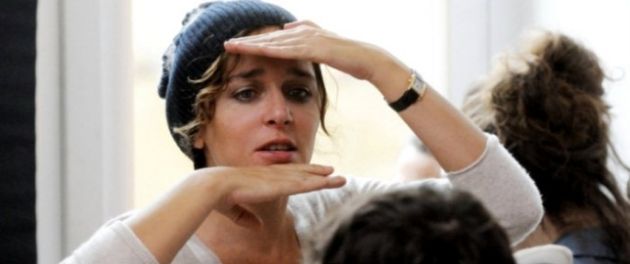
Italian actress Valeria Golino (Rain Man, Hot Shots!, Indian Runner, Respiro among others) makes an assured directorial debut with Honey/Miele, a drama about a woman who assists suicides for living. It's a beautiful film that plays out like a great piece of music accompanied by strong performances.
It was quite nerve wracking for me to meet Golino because I had a crush on her since I was young. Still stunning with her penetrating green eyes, kinky curls and smokey voice, she made my job of concentrating on my notes very difficult. But soon her unguarded candidness and enthusiasm got the better of me and we had a great conversation (I hope).
You are an established actor, working with a lot of different directors throughout your career. Was directing always in the back of your mind?
It was. It was in the back of my mind very often, sometimes more conscious and sometimes dormant. But I seldom talked about it (in public) because I found it very tedious to talk about your dreams, or things you are not doing. You might do that with your relatives or your loved ones, you know, talking about your desires and all that. But these are the things you talk about when you actually do it. So yes. I've had the desire to direct for a long time.
What made you to decide on Miele as your directorial debut?
There are different levels to this question I can answer. The more official one, official to me too, is that I read a book A nome tuo by Mauro Covacich. It seemed to me very interesting so I got the rights to the it and of course I changed it completely, as it often happens when you make an adaptation. But the book gave me this inspiration to direct. Having said that, I also came out of painful experiences of death in my family where nothing was said, nothing was ever talked about. It was as if death wasn't part of what was going on in our lives. There was never a necessary courage for us to talk about that someone we love was passing. So my idea of wanting to be a director and reading Covacich's book and the frustration I felt in my life- the fear of facing death all came together. I don't say this very often. I usually answer with the 'official' version. I think choosing the subject to direct is always personal. Even we don't talk about our lives, there is always an element that is autobiographical in whatever we create.
What's interesting about Miele is she is always dealing with death but she finds life in a very unexpected source. She finds it in a suicidal person.
Exactly. It's that suicidal person who helps her to be more alive. He looks at her and gives her a chance to look at her own pain. That's what it is. While she assists other people to die, she does it with tremendous empathy but not with real pain. Keeping distance is a necessary tool in what she does. And that's why she stops doing it because you can't help somebody die if you feel too much pain.
So yes, her change comes from a man who wants to die. And she wants him to live! The movie has a lot of...
It has a lot of layers. It's a beautifully drawn character study, embodied by Jasmine Trinca.
She plays the role with very rare grace.
So how did you decide on Jasmine in a main role?
I had her in mind since the beginning of the writing process. I thought of her in the role not for any rational reason, really. She just kept appearing in my thoughts when I was writing the script. The somatic traces of her just kept coming. Having said that, I did a lot of screen tests with other actresses, as if trying to forget her. I also did three screen tests with her and and she wasn't so good in two of them. But I knew it had to be her. Don't get me wrong she is a fantastic actress. Carlo Cecchi (who plays Carlo Grimaldi), the same thing. When you are creating something, most of the times, you just have to surrender to your intuition. It's not 'who is the most popular?', 'who is the best in the market right now?' If your intuition is working and you have these two people in your head from the beginning, you go with it. And I got who I wanted. I didn't get some compromise.
I know Jasmine from Nanni Moretti's THE SON'S ROOM and BEST OF YOUTH-
Of course.
This is a very different, darker role for her. But at the end of the film, she has that recognizable million dollar smile back again. And the universe was all right again.
Her smile is more powerful when you don't see it much.
Very true!
You see your childhood and joy and hope in that smile. I made her smile in the movie only two or three times because her smile is so powerful, with her crooked teeth and everything.
I hope she never fixes her teeth! (we laugh)
So I strategically used her smile since it's that powerful. If you keep seeing her smile it dilutes the effect! And she smiles most when she is with Cecchi, because he's funny!
Maybe it's just my limited imagination but I feel a lot of actor-turned-directors put themselves in the movie or mold their main actors in their own image: Robert Redford directed Brad Pitt in RIVER RUNS THROUGH IT. Sean Penn directed Viggo Mortensen in INDIAN RUNNER in which you star in. I was thinking about MIELE the same way. Which brings me the question -- of course, Jasmine and you are physically very different...
But there are similarities.
Could you elaborate on that?
Jasmine is not a technical actress, meaning she is not a schooled actress, like me. No technique is involved whatsoever in our acting. We are very... raw. Of course I have more experience. I had many years to refine my tools and to create some kind of technique I had to create on my own. And there is a vibration, aura about Jasmine as a human being I recognize. It's something very familiar to me.
It's true that it's a role that I would've loved to play if a director wanted me. If it was offered to me when I was thirty, I would've played that role really well. It's a different story when I'm the director. I wanted a young woman to play that role. That's why I dismissed myself. When I was reading the script, I felt it was totally in my realm of roles. But more I thought about it and directing the movie myself, I realized that I am too old for this role. A woman in her forties has a gravitas that comes with the age and experience. In that role I wanted to show the possibility of change.
I guess one of the reasons why I chose her is also that there is a familiarity in her acting. It's physical thing too. She started to behave like me. As I was telling her to do it this and that, she started to reinterpret what was being shown. All good actors do that. she is a great actress.
Do you treat directing the same way as your acting, developing your own techniques as to how to put things together? Did you get ideas from many different directors you worked with over the years?
I learned so much from the directors I worked with. So much! There is no doubt. Every time I did a movie I learned. There were certain directors who taught me things about how to direct actors, others, working with images and how to create a scene. I've done 80 movies, so all this time there were so much to learn. Not always, but very often I worked with very talented people, so I stole a lot from them. There is nothing more that gives me satisfaction than stealing a shot! (laughs)
But I mean by the time it comes through me, filtered through all different circumstances and my imagination, it becomes mine. It may have come from Jane Campion or Gus Van Sant, but now it's different. It's mine. It's still beautiful because that's how art works. Reiteration of thoughts that comes in different periods but filtered by the person who's doing it at the time. I love that. It gives me a sense of belonging. Stealing gives me the sense of belonging! (we laugh)
The thing is MIELE is such a polished, well accomplished film. It moves along very fast then there is this tranquil moments. It has that fluidity almost like-
This is what I told my crew and collaborators when we started shooting. This movie is like music.
Yes!
It moves fast then it stops, then starts again. It's the rhythm of the music I wanted to give. There is a rhythm to it but not for the sake of speed. It's more like giving a pulse, a breath.
You captured it so beautifully. There are so many beautiful shots in the movie. And the music, my god! Are those songs what you usually listen to?
A lot of it is what I listen to. But as you know there are many different types of music playing. For me it was a fantastic game- I didn't use a normal movie score as a running commentary. All the music is from the movie not outside of it. What Miele listens to is the music that cools her. And when she is with Carlo, they listen to different music. when they first meet, he is listening to this soprano singing Granados. Then we hear 70s French music. It's all the music I listen to but I could distribute it and I didn't care if it's new, old, in fashion or not. I was so free, it was one of my favorite moments making this movie.
You have a great taste in music.
Thank you.
Some fans of the movie already made a MIELE youtube soundtrack list. I was listening to it all day.
Really? That's so cool. I'm glad.
I had written Talking Heads' Nothing But Flowers into the script. Then there was a problem of getting the rights. We were asking ourselves 'Miele is a very small budget movie. How can we afford this?' Then circumstances go that Paolo Sorrentino, before The Great Beauty, makes this movie called, This Must be the Place (tribute to Talking Heads). So Sorrentino and my producer Viola Prestieri (who also produced Sorrentino's movies) know David Byrne, so I go to him and ask if he could give me the song for basically nothing and he says, "Of course I'll give you that piece of music because it's an inspiration."
Wow.
You have a lot of difficulties doing a movie. You have to eat a lot of ka-ka sometimes, but also you get these presents sometimes and it's really joyful.
Are you going to direct more movies?
Yes I want to.
I'm sure the movie will be successful. It's beautifully done. It's shot by a Hungarian cinematographer?
Yes. Gerko (Gergely Pohánok, Hukkle, Taxidermia). He's fantastic. You know why he's fantastic? Because he is a virtuoso. He can do anything. But he is also very rigorous. There are some beautiful images in Miele but there were more, he makes it not too beautiful. Too beautiful, delicate images can breed aestheticism and they don't last long. I didn't want that. You have to have that rigor not to be too precious about things and you can imagine Gerko's is rigor because he's Hungarian!
Honey/Miele opens exclusively on Friday, March 7th at the Elinor Bunin Munroe Film Center
Miele youtube mix:
Click Here

